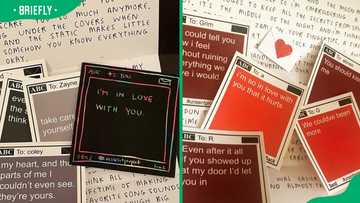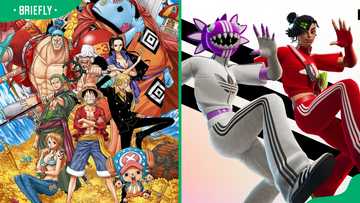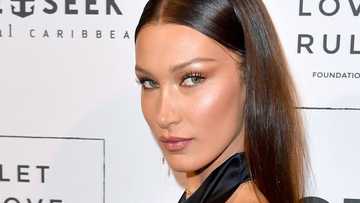Social Media’s Role in Pop Culture Evolution Over Time
How Social Media Influences Pop Culture
Pop culture is simply how we talk, dress, think and feel. Back in the day, several things helped to shape pop culture. This included news outlets, celebrity gossip, and magazines. However, the world has changed. In this era, social media is the solitary driver of pop culture.
Facebook, Instagram, TikTok, and X are agents that spell out how pop culture is manufactured, shared, and consumed. They're not just tools for instant and efficient communication, though. These social media platforms double as instruments for setting trends and influencing behavioural patterns worldwide. Get a deep analysis of how social media influences pop culture in today's world in this article.
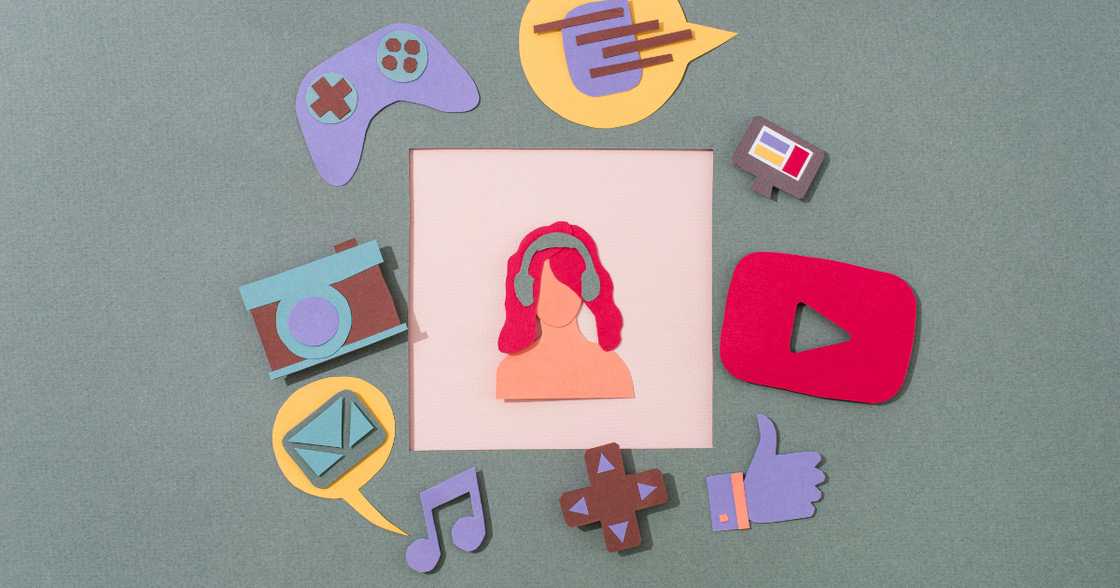
Source: UGC
Influencers Have Become the New Celebrities
Actors and musicians were celebrities some decades ago. That's not the case in today's world. As long as you've got a smartphone with an internet connection, you can create a strong personal brand that attracts millions of individuals worldwide.

Read also
Spar workers faced backlash after their viral TikTok dance, with netizens accusing them of aura farming
PAY ATTENTION: stay informed and follow us on Google News!
You've seen it. Several TikTok stars, Twitch streamers, and YouTube content creators are making a name for themselves not just in their country but in a slew of jurisdictions around the globe. Their content influences fashion, dieting, and fitness goals. They also prompt the start of social challenges and promote music and movies.
With social media, influencers can connect with their audience directly. As such, they can build personal relationships with their fans. This is something most traditional celebrities can only dream of.
Viral Trends and Memes
Social media is all about virality. Memes and challenges can spread across the world in several minutes or hours. Here are some challenges and trends that gained traction online and quickly became a fleeting phenomenon worldwide:
- Dance challenges such as Say So, Renegade, Out West, Stay, Super Lonely, Attention, Vibe, and Fancy Lite.
- Viral challenges such as the Ice Bucket Challenge, Don't Rush Challenge, Running Man Challenge, Savage Challenge, Renegade Challenge, One Chip Challenge, Trick Shot Challenge, and Cinnamon Challenge.
- Memes such as The Woman Yelling at a Cat, Rick Roll, Kamala Coconut, The Military Man, Mama Luigi, Trollface, Doge, and Pepe the Frog.
If something that is relatable and tells a story is posted on social media, the chances of it taking off are high.
The Discovery and Popularity of Music
Social media has turned the music industry on its head. You can use YouTube and TikTok to discover new artists and music. For context, a song’s catchy snippet being included in a comedy skit or dance challenge can bring new artists to the limelight and boost their streams.
Lil Nas X is an example of a relatively unknown artist who changed the music marketing game to gain global reverence. He started as an independent artist, posting his SoundCloud music links on X. However, it wasn't long before he was noticed and became a famous musician with two Grammy Awards under his belt.
Before record labels sign artists, they look at social media charts to see if they're trending or not. Artists, on the other hand, understand this. As such, they push out their releases with trendy hashtags with the hopes of getting noticed.
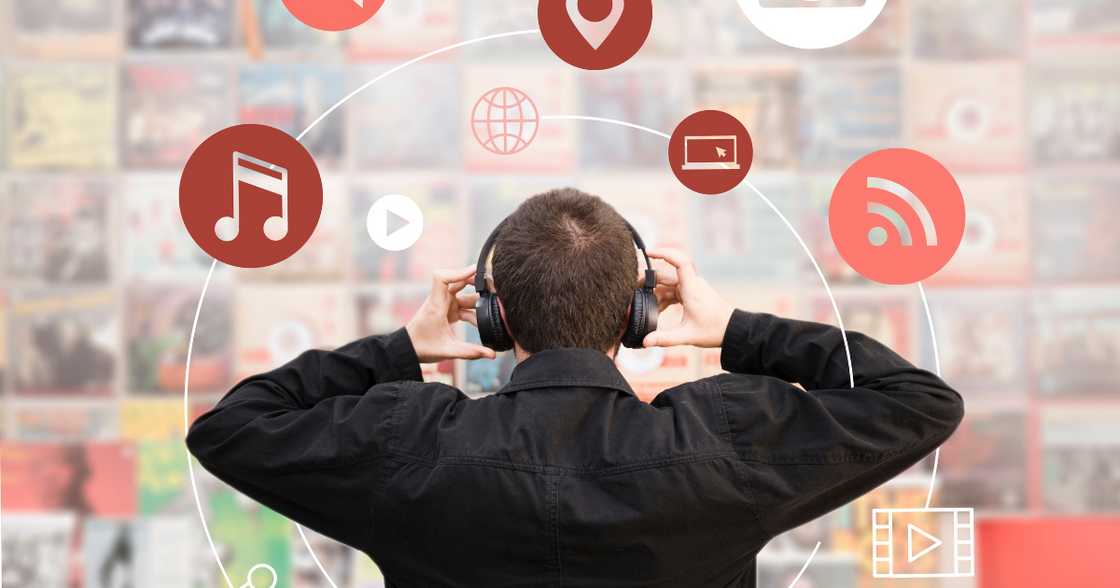
Source: UGC
Virtual Gaming
Social media has also affected the virtual gaming sector. Gamers are now using platforms like Twitch and Discord to connect with others, share information, and create content on their favourite games.
Before a game is released to the public, it's promoted through memes and entertaining video trailers. Additionally, developers also use social media to analyse demo playtime per region on their games to see what aspects appeal to players the most. These results are also used to create future gaming content that resonates with even more players.
Aesthetics and Fashion
Social media’s impact is also felt in the fashion industry. The visual focus content posted on Instagram and TikTok has influenced how people dress and style others. For context, hashtags like #OOTD (Outfit of the Day) show how fast fashion trends could become popular and obsolete.
What's more? A majority of these trends aren't created by fashion brands, as it was the case several years ago. Now, they're made by everyday people. For instance, a teenager in Canada could decide to don a jacket and baggy jeans for an event. If they've got millions of followers on their social media handles, there's a high chance their style could blow up for several days or weeks.
Influencers on diverse social media platforms promote the products of certain fashion brands. Brands that utilise influencer marketing the most include Nike, Chanel, Adidas, Zara, and SHEIN. Fashion outlets that don't take advantage of influencer services are deemed unserious and outdated.
TV and Film
This is another industry where the social media buzz remains high-pitched. Social media determines what TV shows and films gain popularity. For example, a famous YouTube or TikTok account could post a snippet of an old or new movie. Once that content goes live and is consumed by millions around the globe, the streaming figures and revenue tied to those movies would soar.
Streaming services such as Netflix, Amazon Prime, and Hulu also analyse films and series that appeal to people. By doing so, they can integrate them on their platforms. TV shows like Stranger Things, Squid Game, and Jack Ryan all gained social media hype and saw streaming platforms gain millions of subscribed users.
Online discussion has never been so important in the TV and film market. It got so popular that studios planned their releases based on them. For example, if a proposed show gets negative feedback, the studio in charge of its production could scratch it off its calendar.
Political and Social Movements
Pop culture doesn't just comprise fun and entertainment. It cuts into social and political discussions. Millions of people used social media as a tool to propagate causes such as #BlackLivesMatter, #BringBackOurGirls, and #MeToo. These moments headlined social media platforms for weeks (sometimes months); besides changing cultural and political views, they influenced movie castings and marketing campaigns.
Social media has also given regular people and celebrities alike a platform to speak on personal and societal issues affecting them. They also prompt their followers to take action by signing petitions and making donations. And most times, these virtual acts of activism bring about change in the real world.
Are There Any Downsides?
The answer to this question is “yes.” Although social media has given people a foundation to express themselves, there are darker sides to its plot.
Misinformation: Sometimes, celebrities might post content that's misleading and inviting. Rather than taking it down, they leave it up. This, in turn, leads to millions consuming false information and acting on it.
Cancel Culture: Cancel culture gives people an avenue to call public figures out. However, it creates fear, making people scared of voicing out their opinions or committing errors on social media. Celebrities could get alienated quickly, sometimes without getting the full scope of the situation at hand.
Final Notes
Pop culture is no longer influenced by global brands and celebrities. With social media in the mix, we now shape our narratives. So, the next time you scroll through your Facebook and TikTok feed and you encounter a challenge or funny videos, just know that you’re watching pop culture unfold.
PAY ATTENTION: Follow Briefly News on Twitter and never miss the hottest topics! Find us at @brieflyza!
Source: Briefly News

